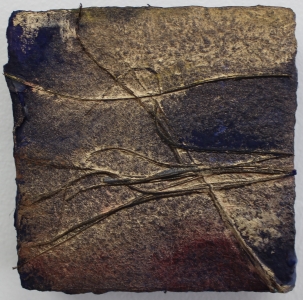Meditation for Omer Day 7: Find merits and lovingkindness in all others.
Barukh Atah Adonai Eloheinu Melekh ha’olam asher kideshanu bemitzvotav vetzivanu al sefirat ha’omer
Blessed are you, ETERNAL, our God, the sovereign of all worlds, who has made us holy with your mitzvot, and commanded us concerning the counting of the Omer.
Hayom shiv’ah yamim la’omer. Malkhut she’be’Hesed
Today is the seventh day of the Omer: Nobility of Spirit within Lovingkindness.
“One always finds merits in oneself; so one should find merits and loving-kindness in all of Israel. Their common denominator is that they are all righteous, all pure and all worthy of all of the blessings.”
(Baal Shem Tov, Parashat Kedoshim 2, quoted in Rav Binyamin Zimmerman, Bein Adam Le’Chavero, Shiur 5: http://vbm-torah.org/archive/chavero2/05chavero.htm)
Look deeply into yourself, beneath all criticism and shame, and take time to fully appreciate the person you really are: your goodness, your capacities, your inborn Divine attributes and unique qualities. Then turn your attention to the people who inhabit your community and your daily routine, delighting in their essential goodness and decency.
From a cycle of Sefirat Ha’Omer meditations on sh’mirat ha’lashon (guarding your tongue) created in 2014 at Congregation Kehillat Israel, Lansing, MI. Image by D’vorah Horn from her set of Omer Practice Cards (2016).











